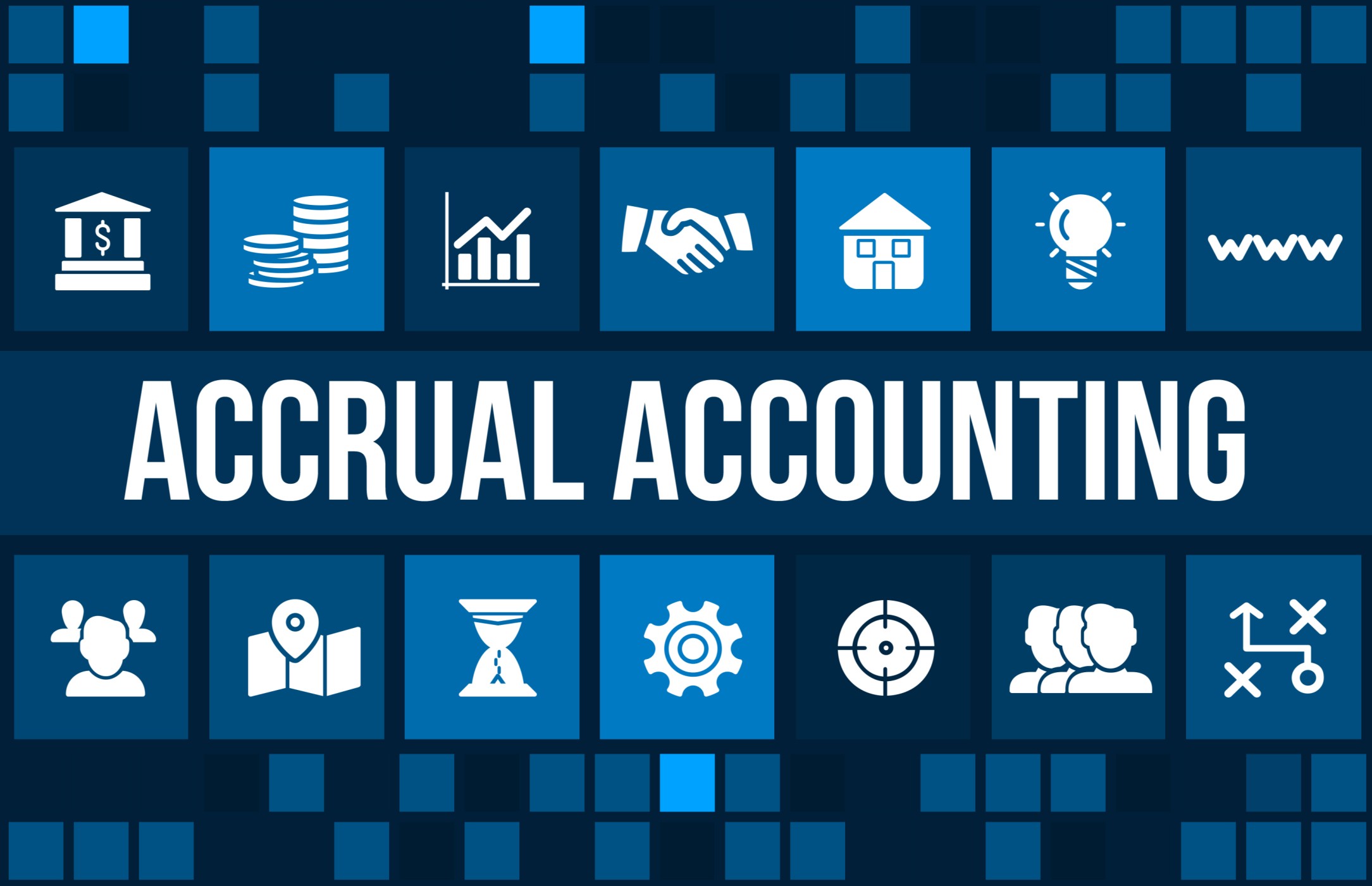Choose the most appropriate accounting method based on your circumstances - Cash vs Accrual methods of accounting for income tax purposes.
For income tax purposes, there is no requirement for the taxpayer to inform the ATO whether they are on a cash or an accrual basis. However, you should calculate your taxable income using the most appropriate method based on your circumstances.
As per the Firstenberg case, it was considered that where the income results primarily from the services rendered based on their personal skills or expertise, it is generally assessable on a cash/receipt basis. On the other hand, where the taxpayer’s income is derived by business structure as held in Henderson case, the accrual method is considered more appropriate. TR 98/1 provides guidance on the appropriate method to record your business transaction whether they should be on an accrual basis or on a receipt basis.
Your accounting treatment (cash or accrual) will affect your accounting profit. For example: When you operate on a cash basis, no recognition of revenue, until such time you receive payment from your client. If you are on a cash basis, you only record in your accounting system when you receive payment or make payment to your suppliers.
Once you determine the appropriate method it must be applied until the taxpayer’s circumstances change. If you use Xero as your accounting system, you can run the profit and loss statement on a cash basis by selecting the option for cash under the ‘Accounting Basis’ section and click update.
It is technically possible to use different methods for GST and income tax (and many businesses do). For example: For income tax purposes, you may adopt accrual method, but for GST reporting you may adopt cash method.The income tax is depends on the nature of the business. Whilst the right to choose cash basis for GST depends on your turnover. If your turnover iss less than $10 million, you have the right to choose cash or accrual method for GST.
Changing methods from cash to accruals method
In the year in which the taxpayer changes to accrual method, any payment received in respect of the outstanding invoices that were relating to the income year operated on a cash basis should be included as assessable income. Similarly, any deductions that have not been accounted because they were not actually paid should be deducted in the year in which the taxpayer changes to accruals method.
Changing methods from accrual to cash method
The taxpayer should exclude any income that was derived, but not received before changing to the cash method in the year when the payment is received. Similarly, any deductions that a taxpayer incurred but not paid before changing to the cash method are not deductible as otherwise it will double dipping.
Disclaimer: The material and contents provided in this blog are general guide and informative in nature only. They are not intended to be seen as legal and tax advice. If expert assistance is required, you should seek your own advice for any legal, tax or investment issues raised in your affairs.

